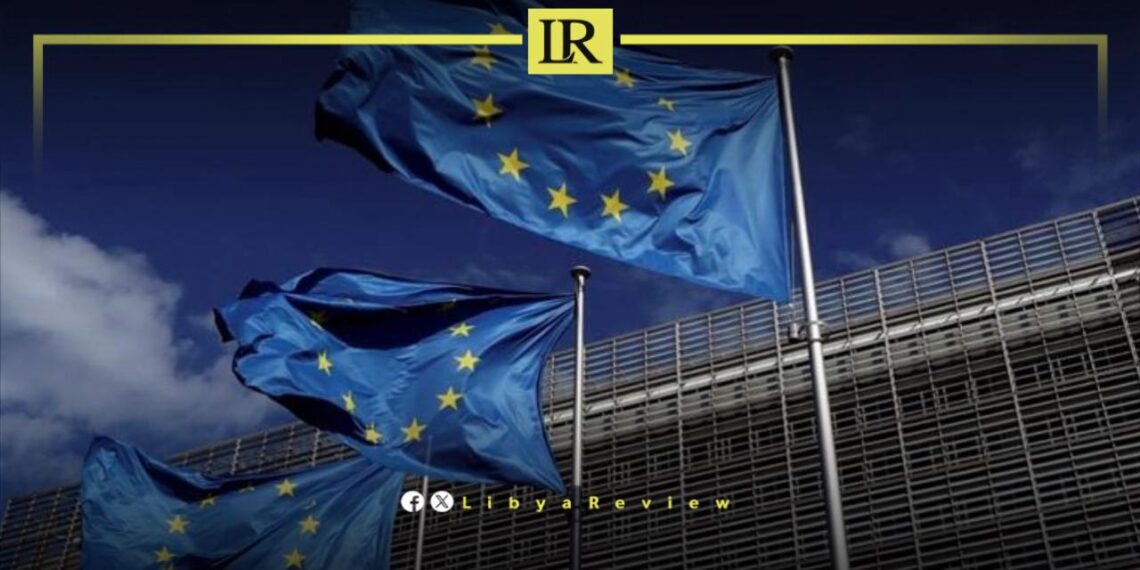On Saturday, the European Union issued a strong call for the immediate lifting of the force majeure status on Libya’s vital oil fields, urging the protection of Central Bank employees and members of the State Council as the country faces an escalating economic crisis.
The EU’s intervention comes in response to growing concerns over Libya’s deteriorating situation, with the prolonged closure of oil fields worsening the country’s already fragile economy.
The EU delegation, along with the diplomatic missions of its member states in Libya, expressed deep alarm over the current state of affairs. They emphasized the urgent need to resume oil production, warning that the continued shutdown of these fields is exacerbating Libya’s economic woes and threatening the livelihoods of millions of Libyans.
Oil is the backbone of Libya’s economy, generating nearly all of the country’s export earnings and a significant portion of its GDP. However, ongoing conflicts, political instability, and repeated declarations of force majeure have crippled the sector, leading to severe economic repercussions. The EU’s call to lift the force majeure reflects the critical importance of stabilizing the oil industry to prevent further economic collapse.
In addition to the oil sector, the EU also stressed the need to protect employees of the Central Bank of Libya from intimidation and threats. The stability of the banking sector is crucial to the overall economic health of the country, and any disruption in its operations could further destabilize Libya’s already precarious financial situation.
The EU also highlighted the importance of ensuring the independence of the State Council, a key political body in Libya. The European bloc called for respect towards the council’s members and urged all parties to avoid any attempts to undermine its authority. This appeal underscores the EU’s broader commitment to supporting dialogue and cooperation among Libya’s political factions to ensure the country’s stability and progress towards a comprehensive political resolution.
The EU’s statement reflects the international community’s growing concern about Libya’s economic and political future. The continued closure of oil fields and the potential disruption of financial services could push Libya further into crisis, with far-reaching consequences for its people and the region as a whole.


